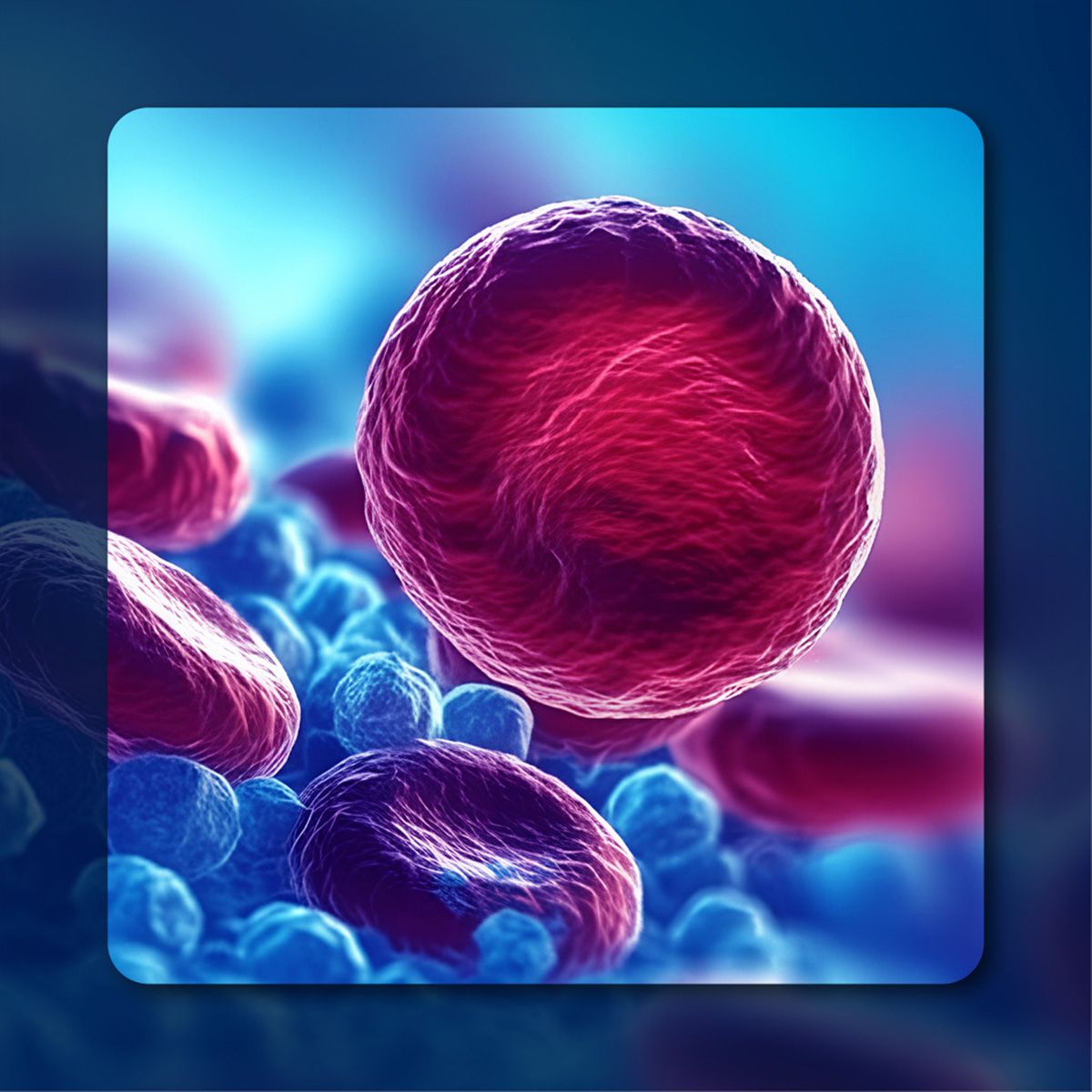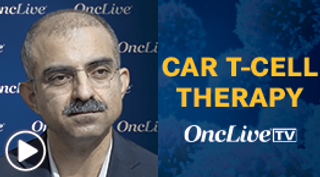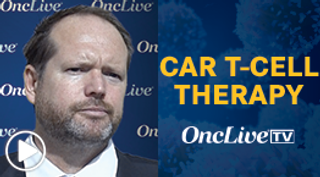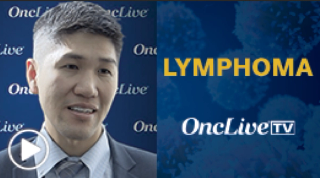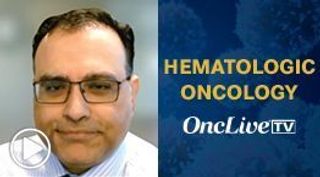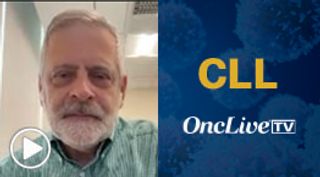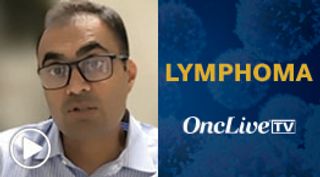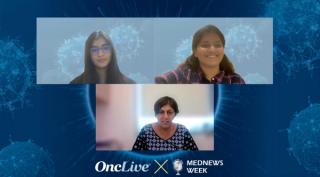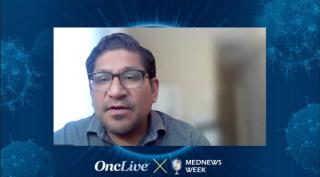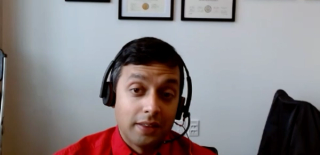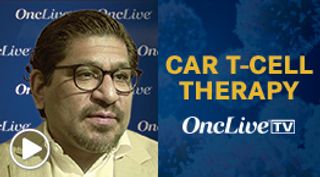
CAR T-cell Therapy
Latest News
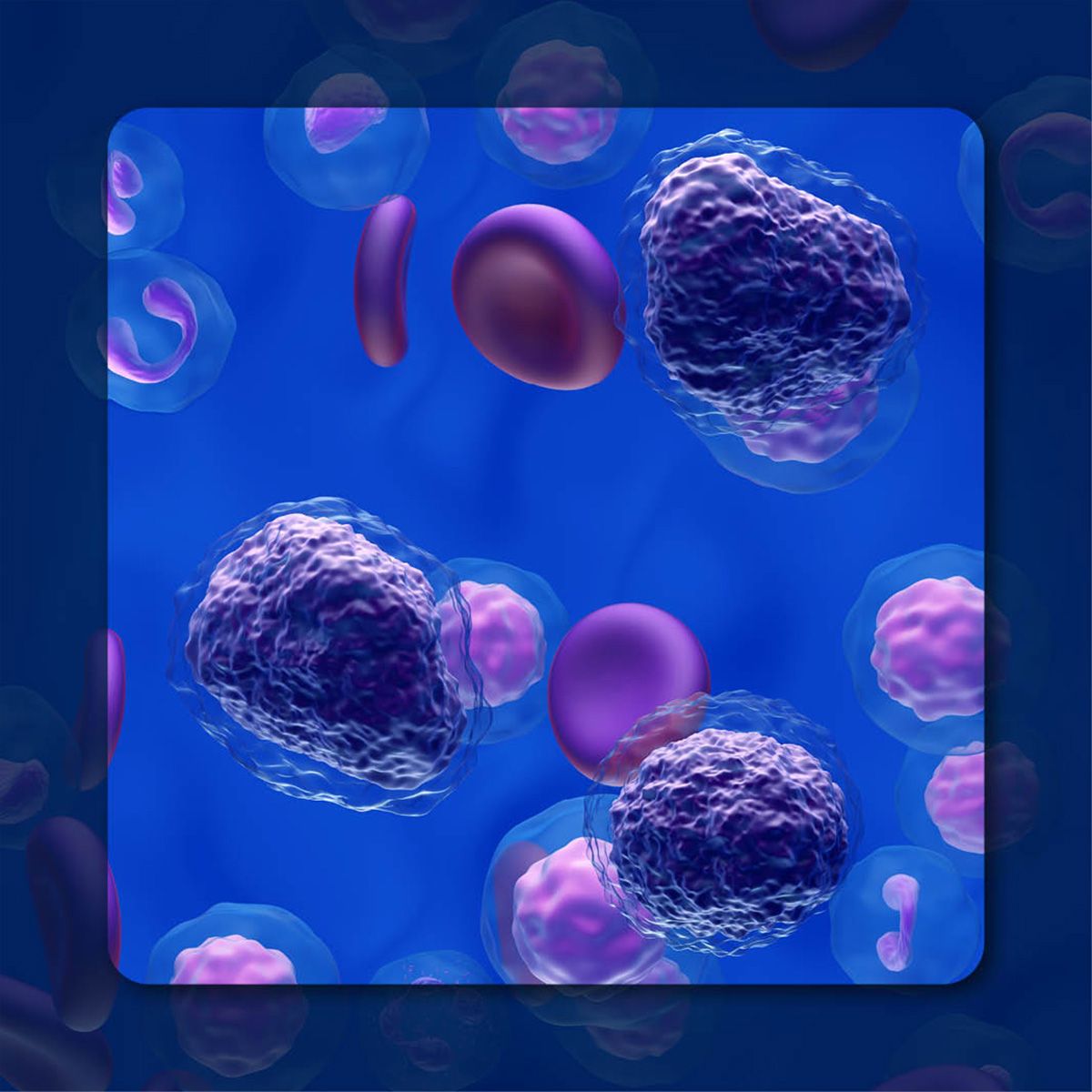
Liso-Cel Receives European Approval in Relapsed/Refractory Follicular Lymphoma
Latest Videos

CME Content
More News
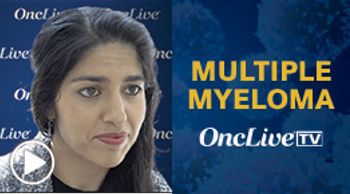
Pooja Phull, MD, discusses the rationale for assessing CAR T-cell therapy in the real-world vs trial setting in relapsed/refractory multiple myeloma.
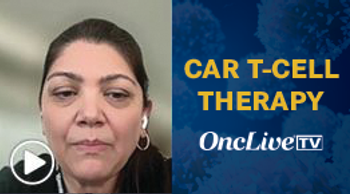
Sairah Ahmed, MD, discusses treatment challenges for patients with relapsed/refractory large B-cell lymphoma following CAR T-cell therapy.
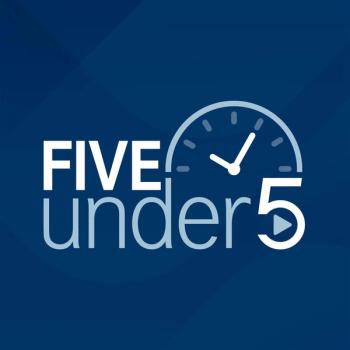
The top 5 videos of the week cover insights in ovarian cancer, NSCLC, CSCC, follicular lymphoma, and CLL.

Nirav N. Shah, MD, discusses findings from the phase 2 DALY II USA of zamto-cel in relapsed/refractory DLBCL.

The top 5 videos of the week cover insights in prostate cancer, multiple myeloma, RCC, urothelial carcinoma, and LBCL.
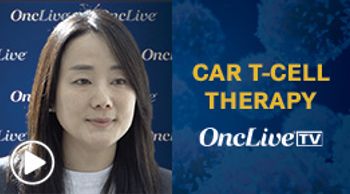
Dasom (Caroline) Lee, MD, details the safety results of second-line axicabtagene ciloleucel in real-world patients with relapsed/refractory LBCL.

The top 5 videos of the week cover insights in plexiform neurofibromas, melanoma, myeloma, leukemia, and LBCL.
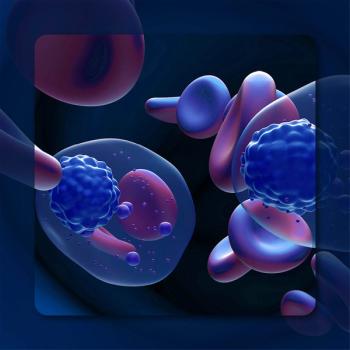
Cilta-cel led to rapid and deep MRD negativity in patients with lenalidomide-refractory multiple myeloma.
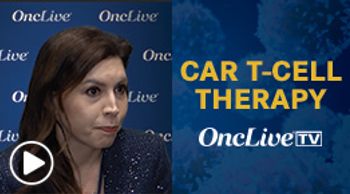
Kristen Spencer, DO, details the rationale of the phase 1/2 EVEREST-2 trial evaluating the novel CAR T product A2B694 in pancreatic cancer.

P-BCMA-ALLO1 displayed early efficacy and safety data in relapsed/refractory multiple myeloma.
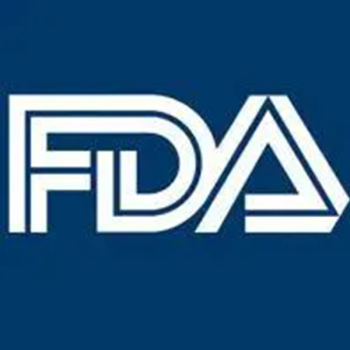
The designation underscores the potential of the CAR T-cell therapy NXC-201 to serve as a new option in relapsed/refractory AL amyloidosis.
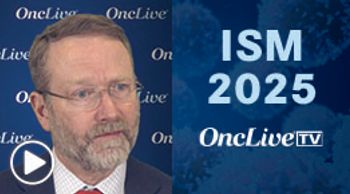
Mark Faries, MD, discusses how CAR T-cell and TCR cell therapies compare with TIL approaches in melanoma.
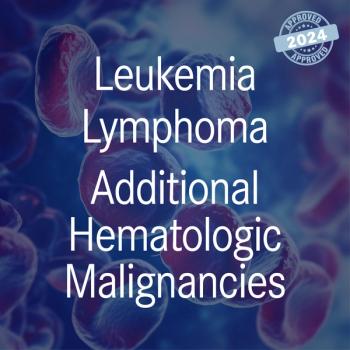
The movement of CAR T-cell therapy to earlier lines of therapy was among many notable advancements greenlit by the FDA in the hematologic space in 2024.
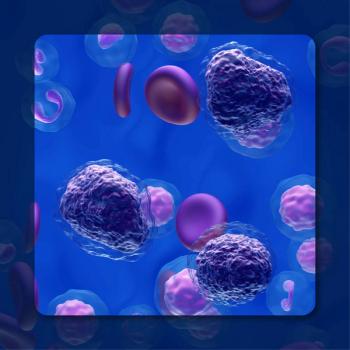
Lisocabtagene maraleucel elicited a statistically significant overall response rate in adult patients with relapsed/refractory MZL.

The top 5 videos of the week cover insights in lung cancer, multiple myeloma, breast cancer, and follicular lymphoma.

Sattava S. Neelapu, MD, discusses updated data from the 5-year follow-up analysis evaluating axi-cel in relapsed/refractory indolent non-Hodgkin lymphoma.
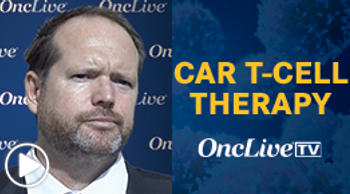
Tom van Meerten, MD, PhD, discusses the role of brexucabtagene autoleucel in high-risk MCL.

Optimized T-cell manufacturing is one strategy that may prevent SPCs after CAR T-cell therapy, according to Shyam A. Patel, MD, PhD, and Saurabh Dahiya, MD, FACP.

UF-Kure19, a rapidly manufactured CAR T-cell therapy, generated an 80% complete response rate in relapsed/refractory non-Hodgkin lymphoma.
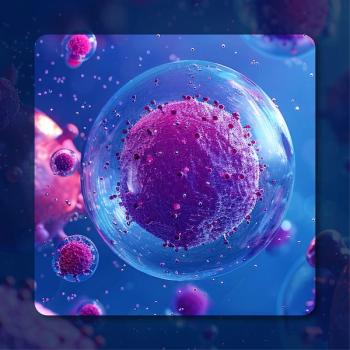
A phase 2 study demonstrated that TAK-007 had a favorable safety profile with early efficacy in relapsed/refractory B-cell non-Hodgkin lymphoma.
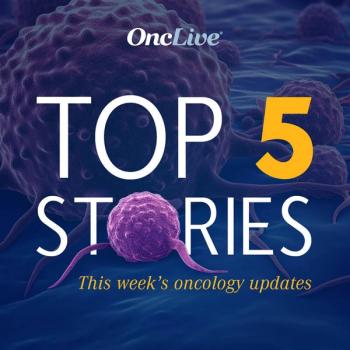
T-DXd wins FDA approval in HER2-low and -ultralow breast cancer, 177 Lutetium edotreotide boosts PFS in GEP-NETS, and more from OncLive this week.
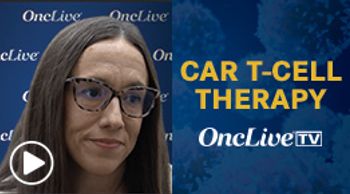
Lori A. Leslie, MD, discusses efficacy data from the phase 2 ZUMA-5 trial evaluating axi-cel in relapsed/refractory marginal zone lymphoma.
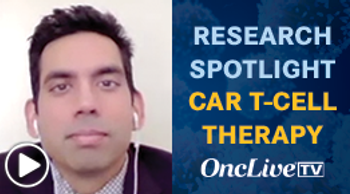
Shyam A. Patel, MD, PhD, discusses secondary prevention strategies that may mitigate the risk of developing SPCs after receipt of CAR T-cell therapy.
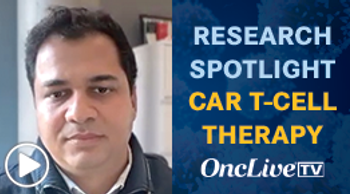
Saurabh Dahiya, MD, FACP, details the pathobiology of second primary cancers following receipt of CAR T-cell therapy for hematologic malignancies.
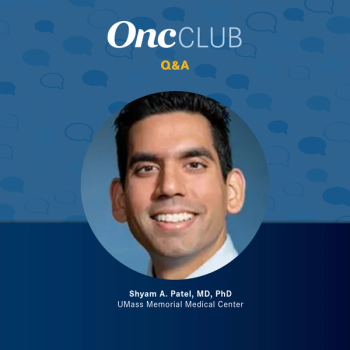
Shyam A. Patel, MD, PhD, and Saurabh Dahiya, MD, FACP, detail the pathobiology of SPCs after CAR T-cell therapy and findings from a review on the cancers.




